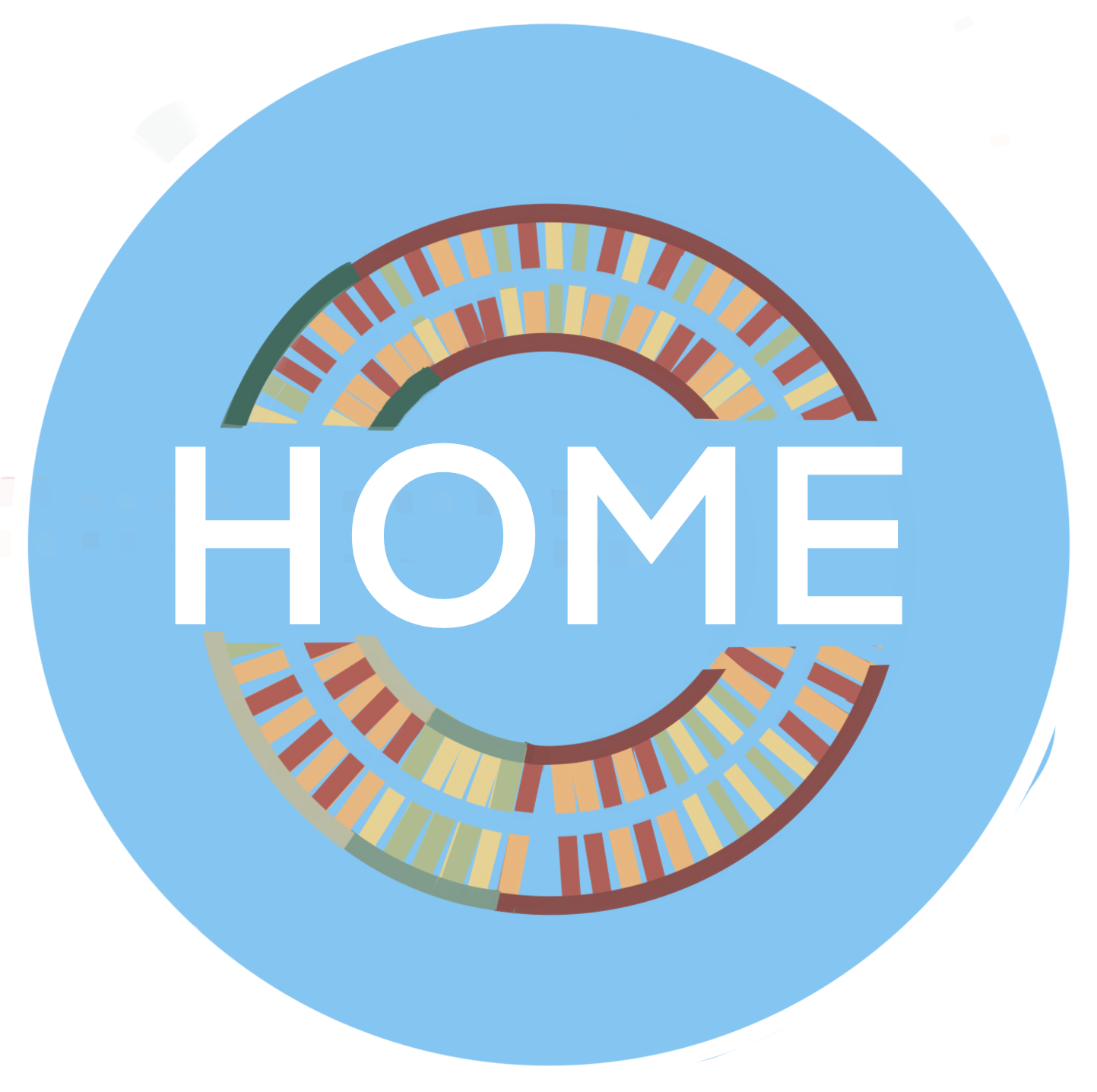Communication
Resulting from our team being the first year participate and our project content being a little less popular, it’s hard for us to find possible partners for long time cooperation. But we did try our best to make more communications to our school, to students outside the campus, and to the society.
Communications among the team
We the team have a hard time getting together at the beginning of the competition. For some reason, the team decide to participate in iGEM for our first year, and we know nothing about it at first. We spend our time gathering our teammates from different colleges, and after months of building the team we ended up with this team membership of eight students. Having no predecessors to ask for advices, we have a hard time designing our project. Our first plan was to build a system to solve sudoku problems, but as we kept pushing the project, we found it more and more impossible to finish. Luckily, Professor Liang, our team PI provided us with the essential help to build up the core content of our new project, and after communications with other team members, we extend the project from experiments only into a whole project concluding modeling, software, educations and so on. We kept the communications between us the students and our respected PI, having periodic meetings to make sure that our project doesn’t go wrong. With the help from Prof. Liang, we make the first year of our project a relatively successful one.
Communications with other teams
The first year of attending a competition means to join in this new circle of students, and we struggle at finding collaborations. We tried consulting our sister team, and they provided us with their best help while busy doing their own project work. Here is our communications made with other teams participating iGEM.
Link: Collaborations
Communications with the public
In order to find out how much people know about z-DNA and relevant knowledge, which is the content of our project, we the team OUC-R 2021 developed a questionnaire and surveyed a wide population. Among the two hundreds of effective questionnaires we received, over 83% are young people aged 18-30, with a 70% undergraduate student rate. The results of the survey are consistent with our expectation that many people do not know about z-DNA, and our ongoing popularization of z-DNA and related contents should help change this situation.
For further results, please go to: Results
Communications with professors
Team OUC-R this year focus on regulatory changes brought about by DNA configuration changes, particularly the conversion between B-DNA and Z-DNA. Literature indicates that the onset of Alzheimer's disease may be related to the conversion of B-DNA to Z-DNA, so we first consulted doctors in The Affiliated Hospital of Qingdao University and Qingdao Municipal Hospital on this issue. At the recommendation of the doctors, we got in touch with Dr. Wang Xin, a neurologist who has carried out clinical treatment of Alzheimer's disease in the municipal hospital. She also holds the position of external professor in the School of Medicine of Ocean University of China. We consulted and interviewed her based on our team's projects and references.
After the communication with professors from Qingdao Municipal Hospital, we know that Ocean University of China is in a leading position in the field of Alzheimer's disease. For this reason, we searched the official website of the university and contacted Guan Huashi, an academician in Marine medicine research. Guan is an academician of the Chinese Academy of Engineering. He is usually busy with his work, so we contacted his students as a substitute to learn about the new Alzheimer's disease drugs that have caused certain discussions at home and abroad and some contents related to this disease.
At last, we also contacted some other doctors and professors, but because our project is not on a popular topic, it is really hard to find professors with similar research topic. To see more, please go to: Human Practices
Communications with NGOs
"Zhongyi Society"(it means public welfare in Chinese) is a newly established private non-profit voluntary service organization that provides students and community residents with social practice, public welfare services and professional experience. It aims to gather the strength of social loving units and people, organize and carry out voluntary services and social practice activities for children, adolescents, community residents and other groups.
Its activity center locates only hundreds meters away from the campus of Ocean University of China. We then contacted them together with team OUC-China and organized an online lecture for local high school students. Our first option is to conduct an offline activity so that we can make good use of the resources of university for visiting a university campus and laboratories can be really beneficial for high school students. However, our university has strict restriction for outsiders visiting university due to pandemic. We then decided to hold a online lecture and have an “online lab tour” for the local high school students. The photo below shows the registration interface of our activity. There are 43 students signed up and attended the activity.
See detailed information, please go to: Education

After a short comparison of our wiki with other schools, we realized that there is still a long way to go. If there is a second year for our team in the competition, we are all confident to make it better. Maybe the key of a more integrated project just lies in communications, and I’m sure we are about to find out.




